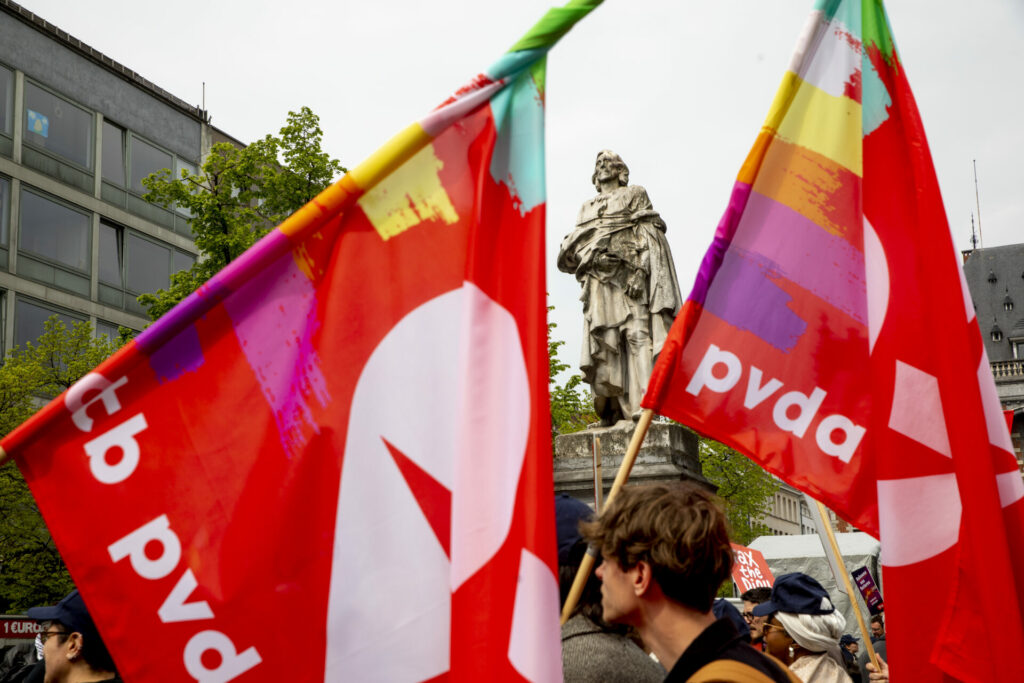The Belgian Workers' Party (PTB-PVDA) is calling for three ways or "social ruptures" in the Brussels-Capital Region if the capital city is to get ahead of its financing issues.
The party electoral programme for the region consists in three ruptures: the doubling of state funding, the introduction of reforms to curb public spending and steps to limit the power of major property developers. The party has been campaigning under the slogan,
"The region is virtually bankrupt," said Federal MP Nabili Boukili. "This situation is jeopardising urgently needed social responses to housing, employment and mobility."
The party says the Federal Government must increase its funding of the region by about €1 billion. "While 18% of GDP is created in Brussels, it receives only 8.5% of personal income tax revenues," said Boukili. "This imbalance needs to be resolved by increasing allocations to Brussels."
'End the politics of privilege'
The second rupture consists in targeting politicians who the party says earn too much money. PTB's Brussels leader Françoise De Smedt refers to the "political class living completely beyond its means" and calls for salaries to be capped and for competencies to be restructured.
Finally, PTB's action plan turns to property owners. "The keys to the region are currently in the hands of a few major property developers who come from Belgian fortunes," said De Smet. "As a result, the housing crisis is worsening and public finances are plunging. We need to break away from these urban overlords."
Related News
- Belgian elections for dummies
- 'I don't believe in it at all': Deputy PM opposes four-day working week
- Liberals surge back ahead in Brussels in latest polls
The party blames this cohort for holding up the construction of Metro Line 3, which has cost €4.7 billion rather than €1.7 billion due to hold-ups. It argues that the solution to this "power imbalance" is the provision of more social housing on public land.
All of these proposals are intended to counter the return of austerity, which PTB says is what awaits the Belgian capital if the policies of its liberal opponent Mouvement Réformateur (MR) are implemented, along with spending cuts and the privatisation of public services.
On Monday, the Federal Planning Bureau released data relating to each political party's financial policies and their respective effects on the economy. Its report revealed that PTB's proposals would bring the budgetary deficit to 4.8% of GDP by 2029 compared to 5.6% if the current policy were to continue unchanged.
Regarding other party policies, the deficit would reach 7.6% under MR, 3.6% under N-VA and 4.5% under the Socialist Party (PS).

